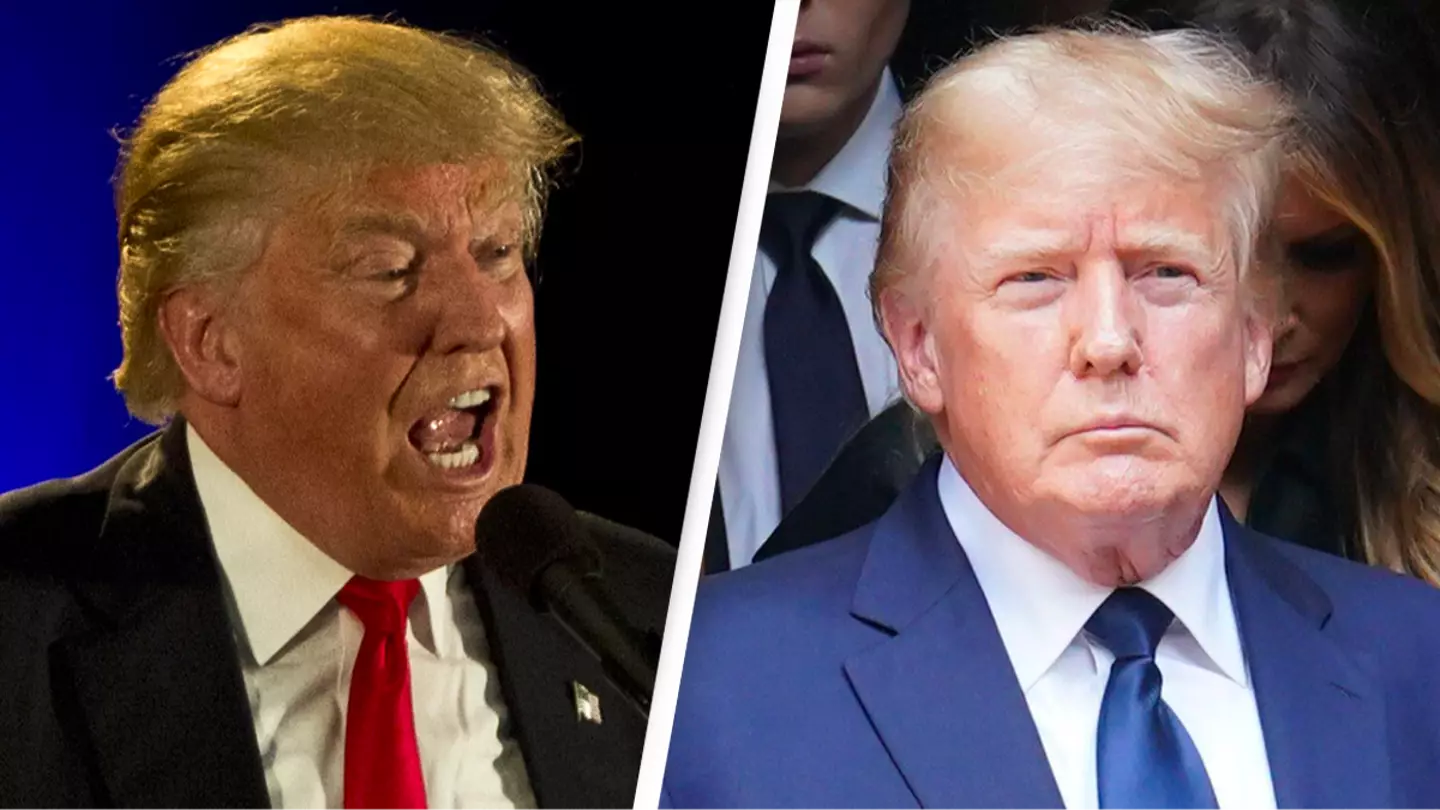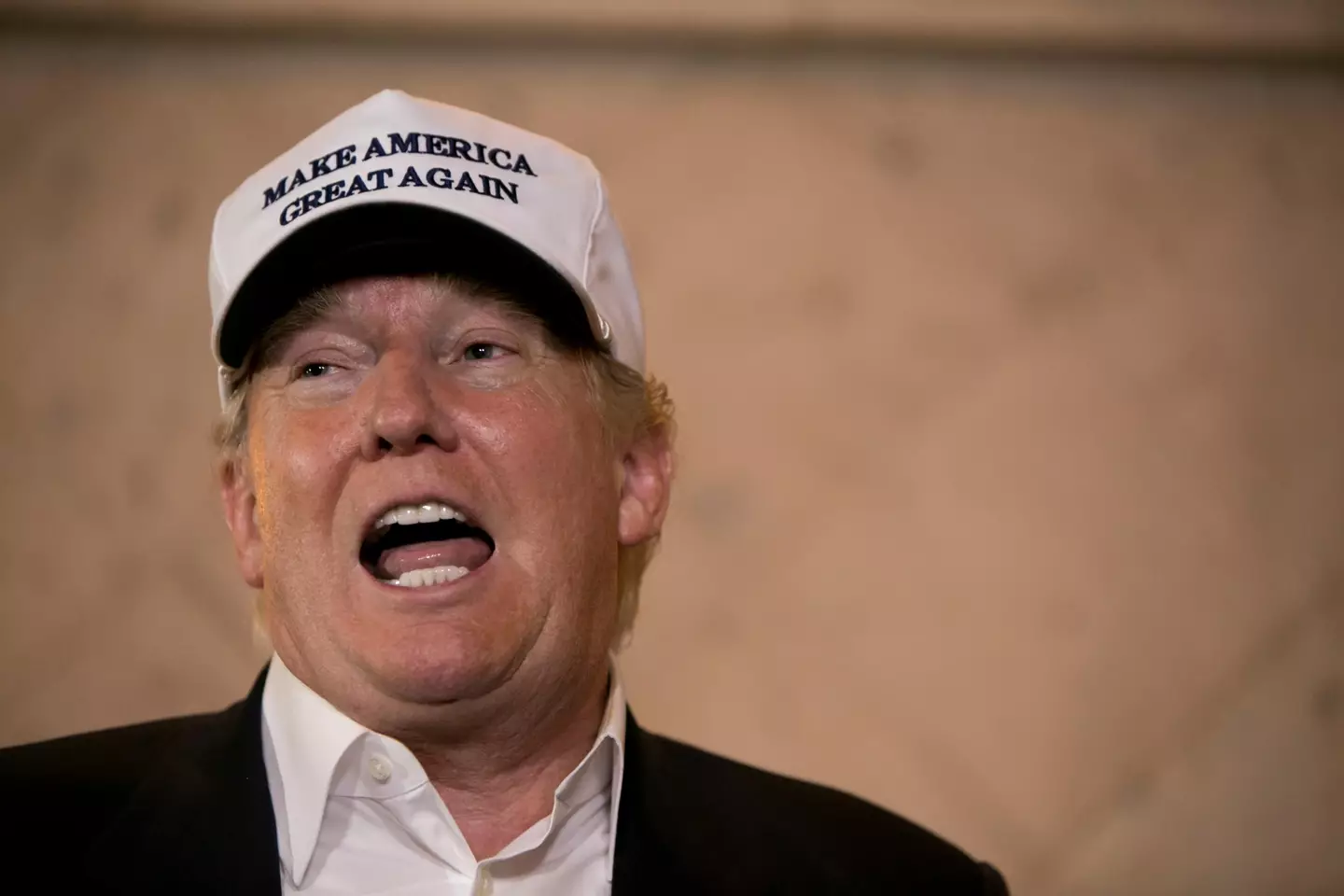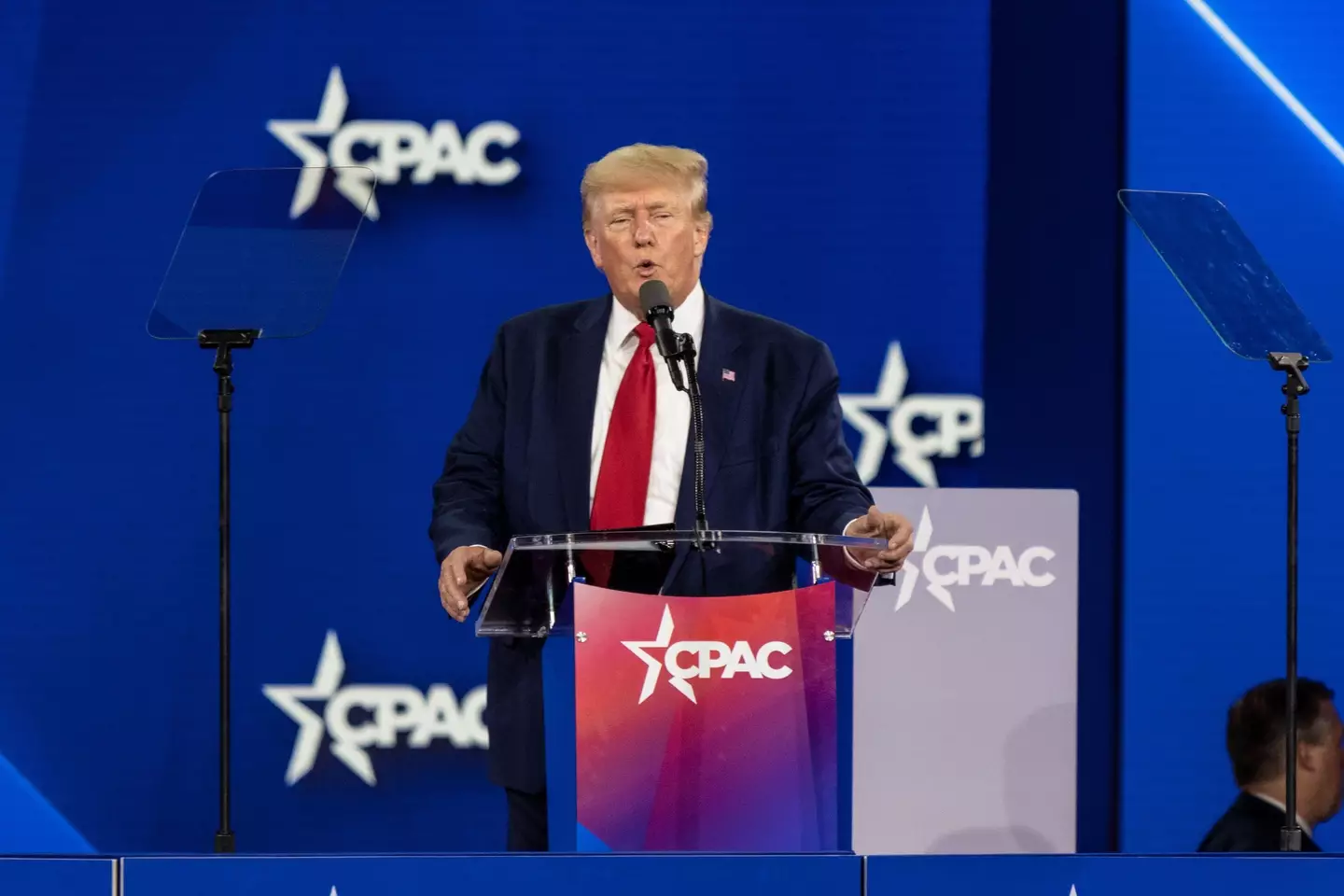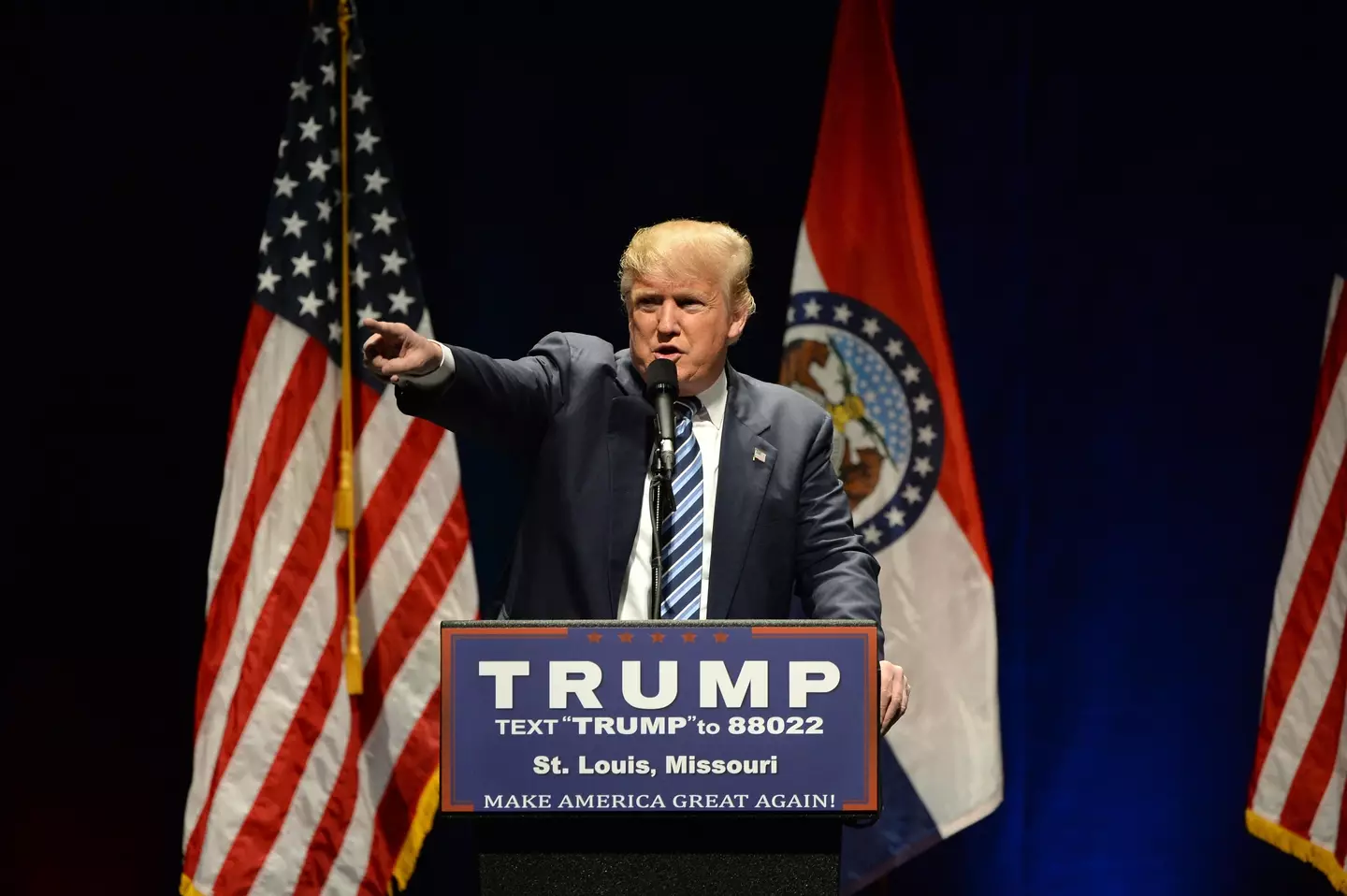
Legal experts have suggested Donald Trump could run for president and even control the country from behind bars if he ends up being sent to prison.
The former president is currently the subject of a number of legal cases, including: scrutiny of his efforts to overturn the results of the 2020 election; an investigation into whether he broke the law by taking official government records with him to Mar-a-Lago after he lost; and upcoming hearings relating to his involvement in the 6 January insurrection at the US Capitol.
Trump hasn't been charged with anything so far, but a search warrant from the FBI included three statutes that each carry a multi-year prison sentence, such as up to 20 years for 'destruction, alteration, or falsification of records in Federal investigations and bankruptcy'.

Advert
Despite the attention on the possible crimes, Trump has indicated he plans to return to the campaign trail in 2024. Earlier this month, he posted a campaign-style video detailing a number of ways America is 'in decline' and claiming 'the best is yet to come'.
Though you might think being in prison would hinder a president's ability to do their job properly, legal experts who spoke to Insider have said that wouldn't necessarily stop them from being in charge.
The US Constitution states candidates hoping to become president must be natural born US citizens who are at least 35 years old and have been US residents for at least 14 years.
Michael Gerhardt, a constitutional law professor at the University of North Carolina School of Law in Chapel Hill, explained: "If [Trump] happens to be in prison at the time of the next presidential election, the fact that he's in prison will not prevent him from running."
Advert

What Trump would be prevented from doing, however, is physically showing his face on the campaign trail – something he did multiple times during his run in 2016 and something all presidential candidates are expected to do, all over the country. The Republican might have to rely on other members of his party to do the campaigning for him if he is detained; if so, they'd then have the challenge of convincing voters to support someone behind bars.
If Trump did manage to win the election, he'd have to conduct his presidential business from a cell while being restricted in his communications. Experts believe it could largely be done though, with Laurence Tribe, a constitutional-law professor at Harvard University, noting he could take the oath of office there, as well as issue pardons, veto bills, issue executive orders, sign legislation and make political appointments.
The Republican could even deliver the State of the Union address to Congress via Zoom without having to leave prison, though he might need some assistance for other aspects of the presidency.
Advert

Tribe questioned how Trump might get around the issue of the so-called 'nuclear football'; a briefcase that's supposed to stay near the president and holds the codes needed to launch an attack. With the president unlikely to be able to have access to the codes from behind bards, Tribe questioned: "Would the military aide who carries the briefcase be in an adjacent cell?"
Frank Bowman, a law professor at the University of Missouri, suggested Trump might have the power to designate the White House as a Bureau of Prisons facility and work from there.
In spite of these possibilities, however, experts have pointed out Trump might be hindered by the 25th Amendment, which covers presidential disability and succession, and may relate to Trump if he is 'unable to discharge the powers and duties' from prison.
Advert
A lot would have to happen for Trump to end up as a president behind bars, but if his four years in power are anything to go by, it wouldn't be surprising if he tried.
If you have a story you want to tell, send it to UNILAD via [email protected]
Topics: Donald Trump, US News, Crime, Politics